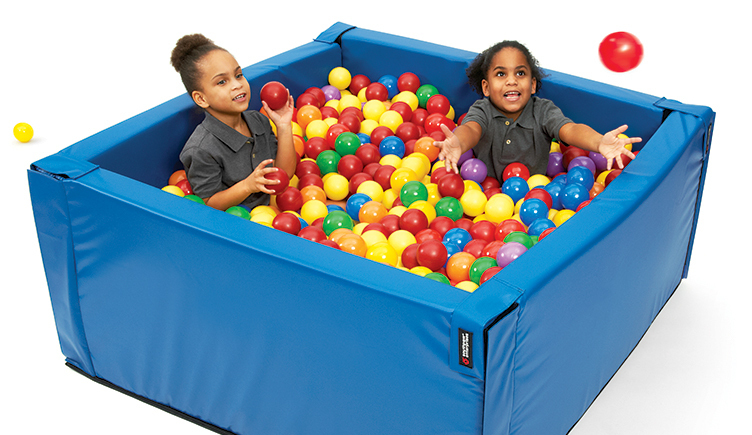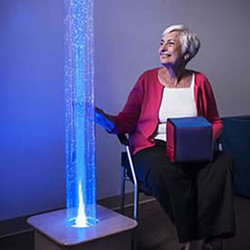The Aging face many issues and losses when they have to move into a Skilled Nursing Home. They may exhibit feelings of displacement from daily roles, anxiety and stress associated with the loss of personal possessions, disorientation or discontent from the new living situation. The changes in their routine and preferred patterns of behavior are often not under their control. Everything in a person’s life is changed.
Even with the best intentions, the institution’s times and systems must and do take precedence. This can possibly lead to depression for some individuals and isolation. The activities and times for these events are no longer under their control, for example when they eat a meal, have a shower or are allowed to go outside. They may have no choice in their roommate or have the ability to be alone and in a quiet place all to themselves. Their privacy is gone. Often the meaningful things, places and people are no longer present in their daily lives. When an individual leaves their home they experience a loss of the life-space that has had meaningful subjective feelings and emotional ties. Their personal items that conveyed control had symbolic value and meaning are gone. Those “nick-knacks” that hold fond memories that most of us treasure. The roles people engaged in are gone and the positive links to their community that helped maintain any role preservation and self-esteem are also lost.
For many residents feelings of helplessness, isolation and boredom are the routine for the day. For example they may have taken care of a pet that provided self-esteem and the role of nurturer. Or maybe they received a newspaper and had contact with a paperboy from the community. This would have provided a casual business relationship and paying the boy would have represented a sense of control and empowerment. All of these may seem like small losses but they are significant when they are all lost together.
The process of loss cannot be reversed but substitution of new roles and interests can be introduced to minimize the emotional upheaval people go through. Making a goal to provide quality of life and prevent hopelessness, helplessness and isolation can be the hallmark of creative management. Multi-Sensory Environments can help Administrators establish these goals:
- Increase and maintain self-esteem, personal identity, continued social confidence and interaction.
- Maintain and/or increase communication.
- Decrease isolation and withdrawal.
- Decrease anxiety, stress and depression associated with losses due to aging.
- Maintain and increase control and empowerment.
In addition, for those people with Dementia or Alzheimer’s, the Multi-sensory Environment can offer treatment goals for:
- Agitated behavior
- Declining speech
- Cycle of wandering aimlessly
- Aggressive and other challenging behaviors
- Sleep disturbances
This unique setting also affords a tranquil, comfortable environment to foster successful family visits that ease the tension and helpless feelings of the family and allow in moments of awareness and joy.



